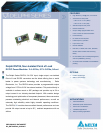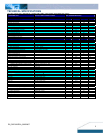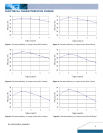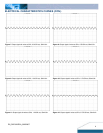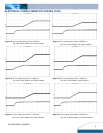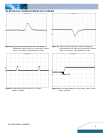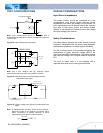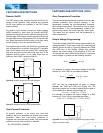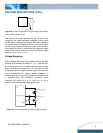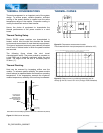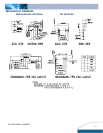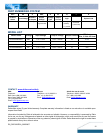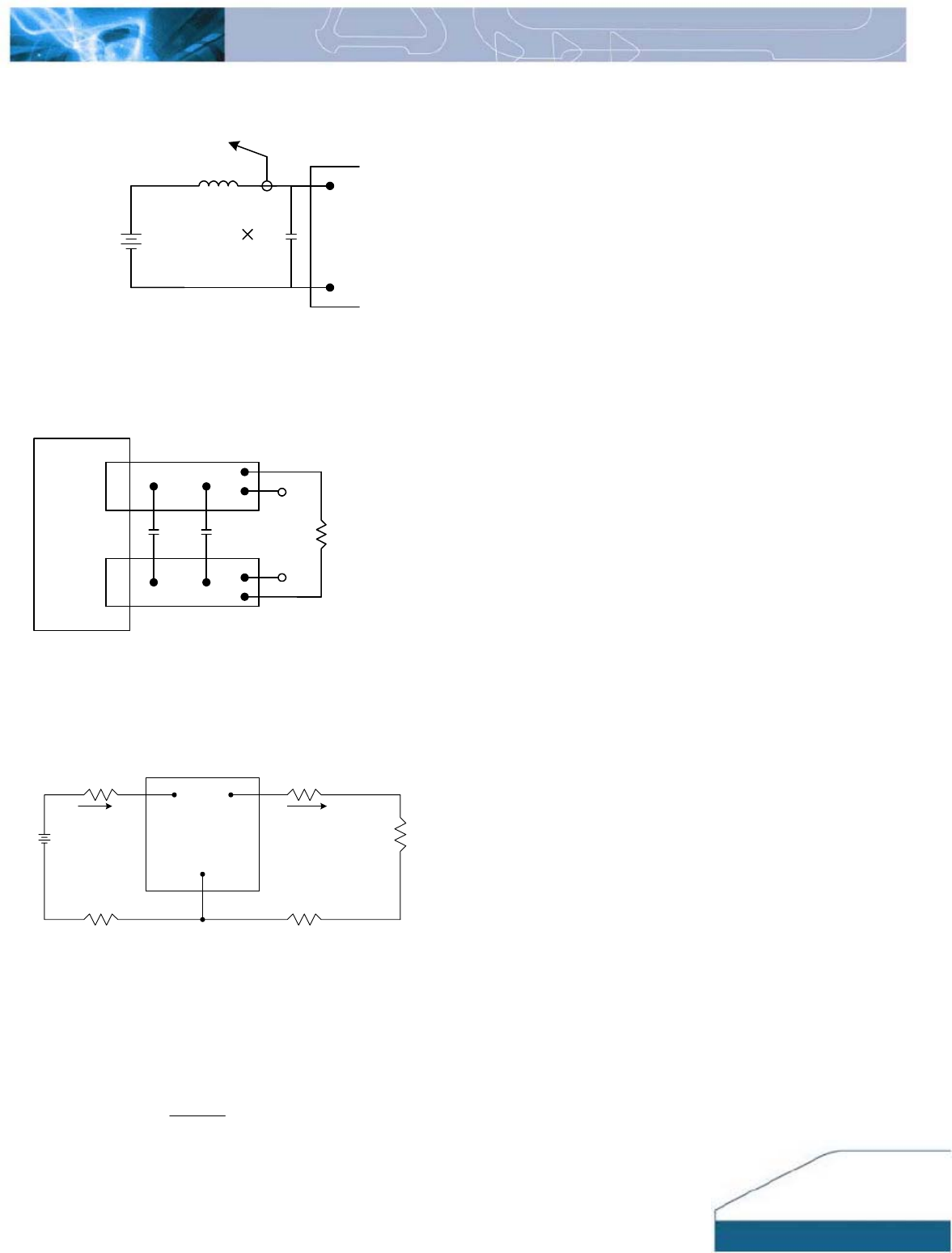
DS_DNT04SIP5A_09252007
7
DESIGN CONSIDERATIONS
Input Source Impedance
The power module should be connected to a low
ac-impedance input source. Highly inductive source
impedances can affect the stability of the module. An
input capacitance must be placed close to the modules
input pins to filter ripple current and ensure module
stability in the presence of inductive traces that supply
the input voltage to the module.
Safety Considerations
For safety-agency approval the power module must be
installed in compliance with the spacing and separation
requirements of the end-use safety agency standards.
For the converter output to be considered meeting the
requirements of safety extra-low voltage (SELV), the
input must meet SELV requirements. The power module
has extra-low voltage (ELV) outputs when all inputs are
ELV.
The input to these units is to be provided with a
adequate time-delay fuse in the ungrounded lead.
TEST CONFIGURATIONS
V
I
(+)
V
I
(-)
BATTERY
2
100uF
Tantalum
L
TO OSCILLOSCOPE
Note: Input reflected-ripple current is measured with a
simulated source inductance. Current is measured at the input
of the module.
Figure 23: Input reflected-ripple test setup
Vo
GND
COPPER STRIP
10uF
tantalum
1uF
ceramic
SCOPE
Resistive
Load
Note: Use a 10µF tantalum and 1µF capacitor. Scope
measurement should be made using a BNC connector.
Figure 24: Peak-peak output noise and startup transient
measurement test setup.
SUPPLY
I
I
V
I
Vo
GND
Io
LOAD
CONTACT AND
DISTRIBUTION LOSSES
CONTACT RESISTANCE
Figure 25: Output voltage and efficiency measurement test
setup
Note: All measurements are taken at the module terminals.
When the module is not soldered (via socket), place
Kelvin connections at module terminals to avoid
measurement errors due to contact resistance.
%100)( ×
×
×
=
IiVi
IoVo
η



